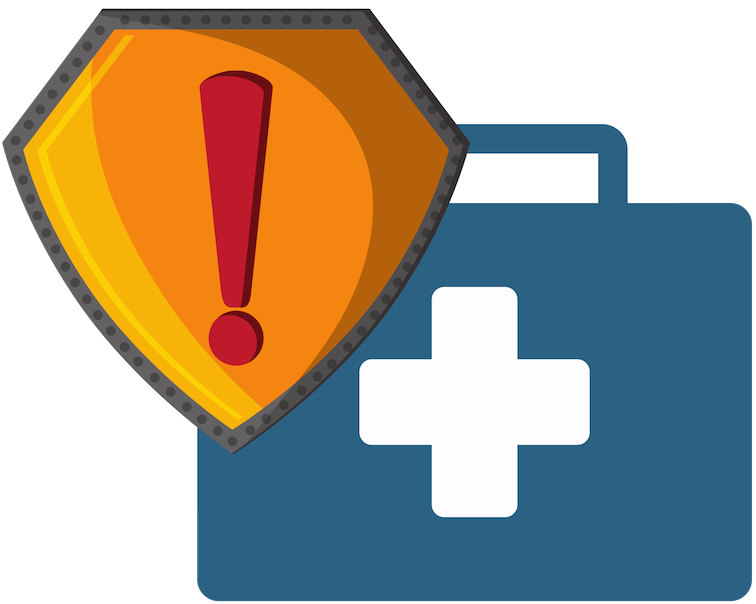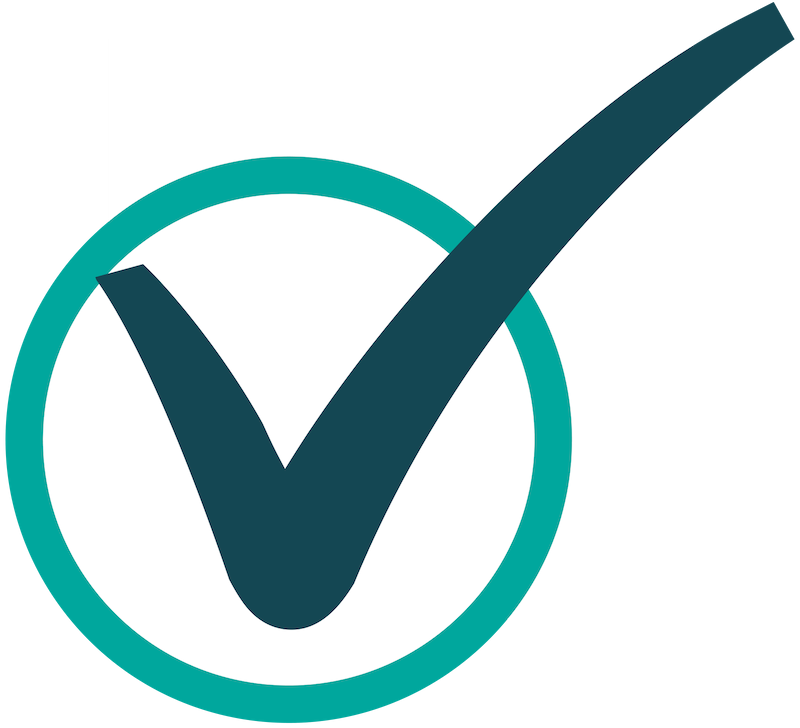You are here
- Home
- Announcements
- Animal Care During an Emergency Reduction in Operations
Animal Care During an Emergency Reduction in Operations
Each and every member of our animal care team understands the important role that they play in the success of your research through their provision of quality, daily care to each and every animal housed on campus.
During the University’s recent emergency reduction in operations, all animals continued to receive the same high standards of care that they always do, thanks to careful planning and the nearly 100% of Unit for Laboratory Animal Medicine (ULAM) staff who reported to work just as they would any other day.
 What You Can Expect During a Reduced Operations Day
What You Can Expect During a Reduced Operations Day
- All animal care staff (veterinarians, veterinary technicians, husbandry and housing, etc.) are considered essential staff and report to work to ensure the continued health and well-being of animals.
- ULAM works with animal vendors to manage the safe delivery or embargo of animal deliveries as conditions may prove hazardous to animal health and welfare.
- The ULAM Business Office and Husbandry Managers maintain detailed lists of vendor contacts to continually coordinate animal transactions and transport.
- Animal Surgery Operating Rooms (ASOR) and ULAM Pathology Core ( formerly IVAC) services are considered non-essential.
As such, any services scheduled on a reduced operations day will be rescheduled. - The ULAM Business Office phone will have instructions on the outgoing message for how to obtain veterinary care.
Please note that calls are not forwarded. - Classes offered by the ULAM Training Core during a reduction in operations will be canceled and rescheduled
for a later date.
Planning Ahead
Our team works in close partnership with U-M’s Division of Public Safety & Security (DPSS), as well as plant and facility operations, to prepare a multitude of emergency plans; these disaster plans are reviewed and updated annually.
We also strongly recommend that each lab:

Create their own emergency preparedness plan.
 Review their plan with all lab personnel so that roles and responsibilities are clearly understood.
Review their plan with all lab personnel so that roles and responsibilities are clearly understood.
 Share their plan with their facility's animal care team who can provide additional support, if needed.
Share their plan with their facility's animal care team who can provide additional support, if needed.
 Revisit their plan on a semi-annual basis .
Revisit their plan on a semi-annual basis .
DPSS maintains an Emergency Management website with a multitude of resources on how to prepare for an emergency, including a template for developing your own Continuity of Operations Plan (COOP).*
Remember, if you care for your own research animals, you are required to have your own COOP.
Projects involving animals occur around the clock, 365 days of the year, regardless of weather conditions or a reduction in University operations. As your partners in the conduct of responsible research, we assure you that maintaining the highest animal welfare standards at all times, and in all circumstances, will always be our top priority.
* Note: Some materials on the DPSS website may require valid Level-1 U-M login credentials to access.